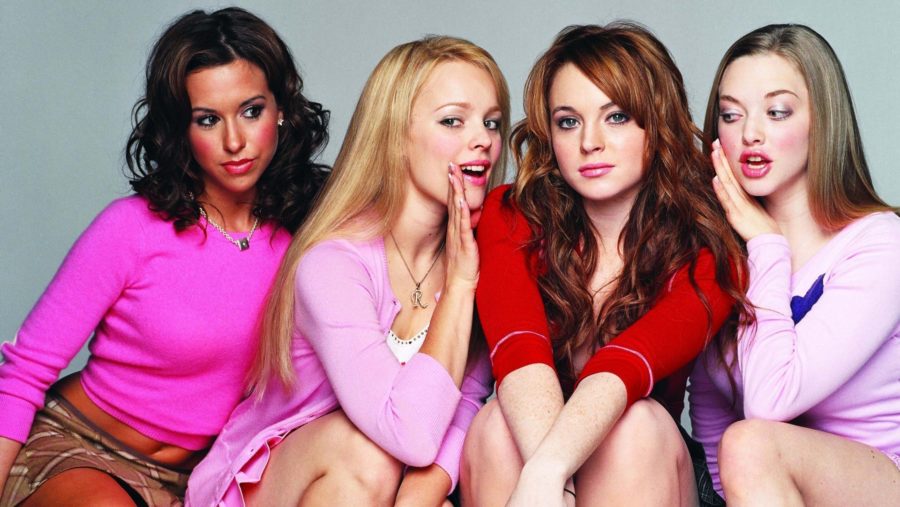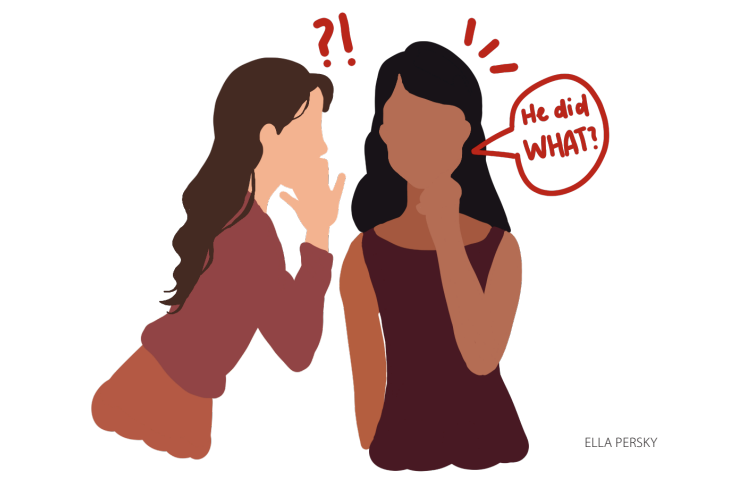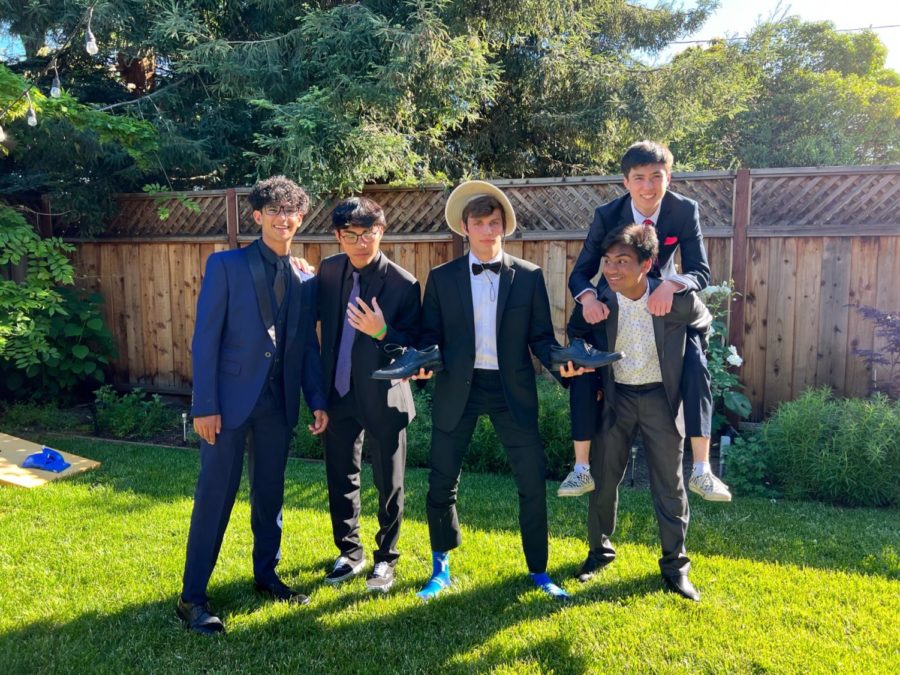If you’ve seen Mean Girls, you probably remember the scene when Gretchen, Karen, and Regina huddle around Regina’s mirror and seemingly rejoice over pointing out their flaws, confused as to why Cady doesn’t join in sooner. For many, this famous scene encapsulates what it’s like to be a high schooler. We compete with each other in all the wrong ways. Self-hate is blatantly encouraged by everyone and everything around us, and self-love is brushed off as narcissism. We’re obsessed with our physical appearances, and because of this, beauty, however that may be defined by an individual, has become the golden key to happiness. Once we reach our ideal weight or manage to maintain a flawless complexion, all our problems will be solved, right?
And so in this neverending quest for external beauty, we start to criticize. We pick ourselves apart, never quite satisfied with who we are, because nothing’s ever good enough when you’re aiming for something that doesn’t exist. We’ve successfully created a poisonous mentality: it’s more socially acceptable to hate yourself than to love yourself.
One trend I’ve noticed in the teenage community is compliment shaming. Imagine: a friend of yours compliments your hair, or your outfit, or that fact that you got on A on your Trig final. The conversation isn’t going to end with a simple thank you, is it? It’ll be followed by the ‘no way, I barely got an A,’ or ‘But your outfit is so much cuter!’ conversation. Whether we do this because we feel the compliment was ingenuine, we truly don’t believe it, or we don’t want to seem self-absorbed, the urge to deflect compliments is a social pattern that can have deadly repercussions.
It reinforces the norm that we’re not allowed to take pride in our achievements because we can always be better. It continues the cycle of not trusting our peers, and of fearing what others truly think of us. The worst part is that this occurrence is now expected. No one questions you when you deny your own success. Instead, people question you when you admit to it.
Let’s take a moment to bring this back to Mean Girls. When Cady walks by Regina’s table for the first time in the cafeteria, Regina compliments Cady, and is surprised when Cady says ‘thank you’ instead of deflecting her ‘kind’ words:
Regina: But you’re, like, really pretty.
Cady: Thank you.
Regina: So you agree.
Cady: What?
Regina: You think you’re really pretty.
Regina, surprised that Cady accepts her compliment, manipulates Cady into feeling like she shouldn’t have ‘agreed’ with her. When we publicly show any form of self-love, self-acceptance, or security, rather than insecurity, it makes people uncomfortable. In a world full of gray, square people, having high self esteem makes you a star shaped rainbow; it sets you apart, and it inspires fear: fear of anything different from the norm.
An integral part of gray-square land is competition, but we’re competing for all the wrong reasons, and for all the wrong things. How many times have you stood in a group of people and compared how many hours of sleep you got last night? Or how many hours of homework you had? Or even worse, for how many hours you procrastinated on all that homework?
The normalcy of these conversations is frightening. It has become completely expected to revel in your lack of sleep and your ridiculous workload; we literally take pride in the hardships we put ourselves through. When we laugh at each other’s struggles rather than supporting our peers, we inadvertently say to the world, “My sleep deprivation is unimportant. My levels of stress are unimportant. My pain is unimportant.”
We may not realize it, but this attitude can lead to serious negative psychological effects on teens. The proportion of 15 and 16 year olds reporting that they frequently feel anxious or depressed has doubled in the last 30 years, from one in thirty to two in thirty for boys and one in ten to two in ten for girls, according to a study done by the Nuffield Foundation. Depression, according to the National Institute of Health, is majorly associated with feelings of self-hatred. And while our casual compliment shaming and twisted competition may be seen as harmless, there is an undeniable link between those activities and more serious disorders.
Now comes the hard part; reversing a mentality that’s been hammered into us since we entered middle school. There’s no magic potion or fool-proof way to truly love ourselves, but it can start with learning a few simple words: thank you. Instead of deflecting the next compliment you receive, whip out that crazy phrase and surprise everyone in the room. You’re not just saying two words, you’re saying, “Yeah. I believe in myself.”
Each time you force yourself to acknowledge the fact that yeah, you do have cool shoes, or that yeah, you rocked that USHAP test, you show everyone around you that it’s okay to own up to your success. It’s okay to be that rainbow star in a room full of gray squares.
If everyone stopped trying so hard to fit into those boxes, we’d have a society based on positivity and support. We’d compete with the goal of improvement, not proving oneself. We would acknowledge pain, but not encourage it.
Of course, everyone will have a bad day. It’s impossible to love yourself unconditionally. And there’s a line between confidence and arrogance. But it all comes down to being self aware. Society is going to influence you no matter what, but you have be a critical thinker and create an unwavering identity for yourself.
After all, if you’re insecure, and say you are somehow able to ascertain an ideal physical appearance, would you honestly be happy with yourself, or would you just find new flaws to criticize?
Really, it’s our mindsets that need changing, not our bodies.







































Anonymous • May 29, 2014 at 9:36 pm
Emily, this article is well written and wonderful, and brings attention to something we don’t normally think about but happens every day. You are a beautiful writer, and this opinion is well developed and well supported. Thank you for your article!